Filing for personal bankruptcy in Canada is a serious decision, but it may be the best option for those struggling with debt. As a Licensed Insolvency Trustee, Andrea is available to help you understand your options and guide you through the process.
Here are a few commonly asked questions that may help you gain a better understanding of the process:
Q: What is personal bankruptcy in Canada?
A: Personal bankruptcy is a legal process that assists individuals who are unable to pay their debts. This involves acknowledging that you cannot meet your debt obligations and transferring your NON-EXEMPT assets to a licensed insolvency trustee. The trustee then sells these assets and distributes the proceeds to your creditors.
Q: What happens to my outstanding debts if I declare bankruptcy?
A: When you file for bankruptcy, most of your unsecured debts will be eliminated. This means you will no longer have a legal obligation to pay them. However, certain types of debts such as child support, spousal support, and some student loans cannot be discharged through bankruptcy.
Q: Will I lose all my assets if I file for bankruptcy?
A: The answer depends on your specific situation. In Canada, there are many assets that are EXEMPT from seizure during bankruptcy. For example, items such as clothing and household furnishings, your vehicle and your RRSPs are usually exempt. Additionally, in some provinces, you may be able to keep your primary residence if its value does not exceed a certain limit. And keep in mind that if you have a mortgage on your home, the value of the house is reduced by the mortgage amount.
Q: What is the typical duration of a bankruptcy process?
A: The length of bankruptcy varies depending on individual circumstances. A first bankruptcy, with no surplus income, typically lasts for nine months. However, if you have surplus income or have filed for bankruptcy more than once, the process can last for up to 21 months.
Q: Will filing for bankruptcy ruin my credit score?
A: Declaring bankruptcy will have a negative impact on your credit score. The bankruptcy will stay on your credit report for up to seven years after your discharge. However, if you are already having difficulty repaying your debts, your credit score may already be low. Filing for bankruptcy can provide a fresh start and help rebuild your credit in the long run.
Q: Do I need a lawyer to file for bankruptcy?
A: It is not necessary to hire a lawyer to file for bankruptcy in Canada. You work directly with a Licensed Insolvency Trustee. These professionals specialize in bankruptcy law and can help guide you through the process, ensuring that your rights are protected and that you are aware of all of your options.
You can find a Licensed Insolvency Trustee in your area by searching the OSB’s online directory
or by visiting www.andreaorr.com. Like most Licensed Insolvency Trustees, Andrea Orr does not charge for consultations.


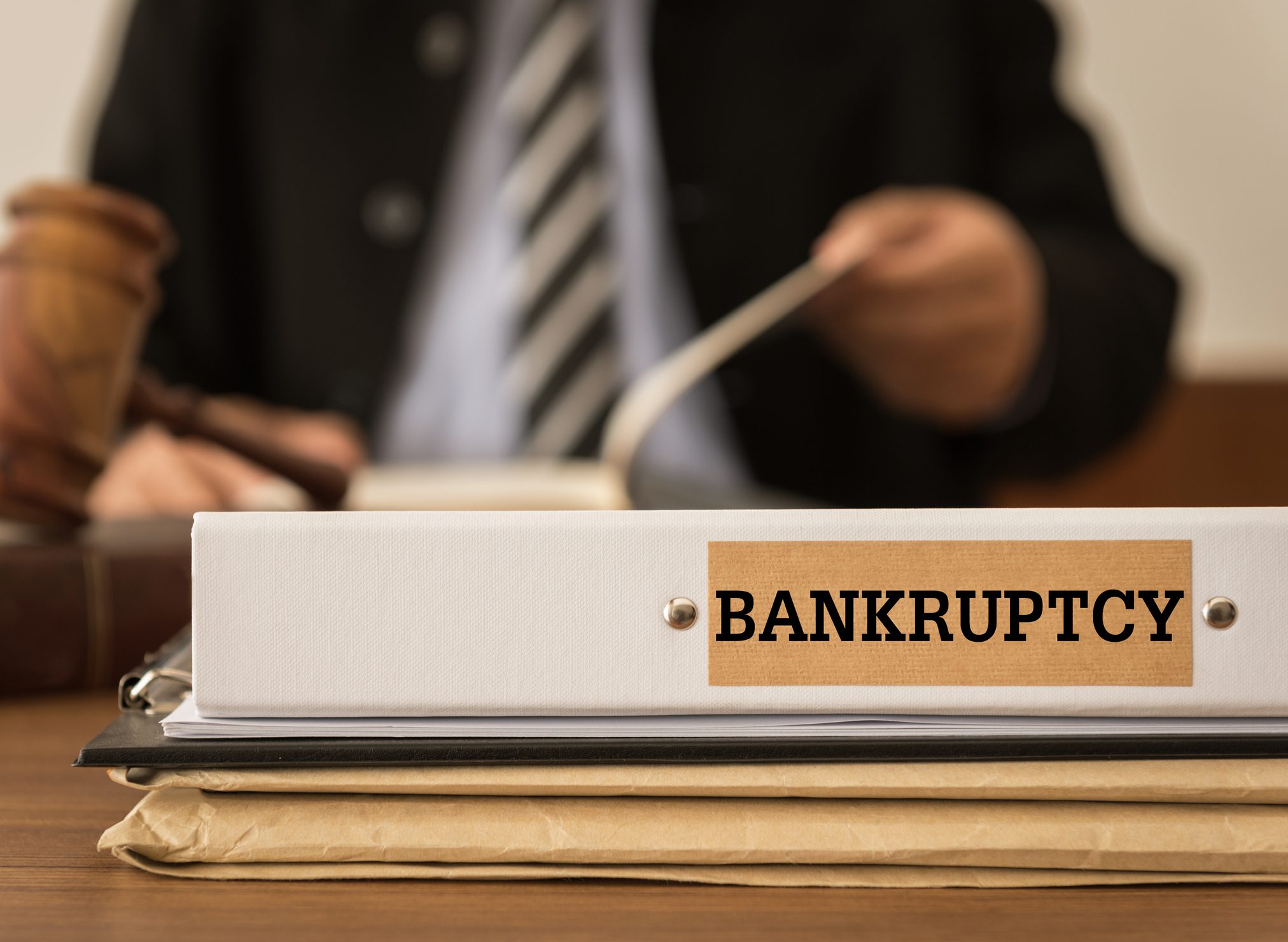
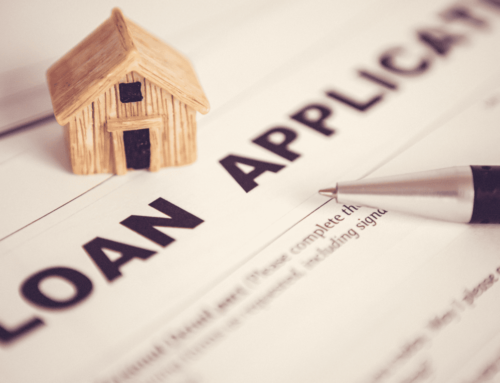
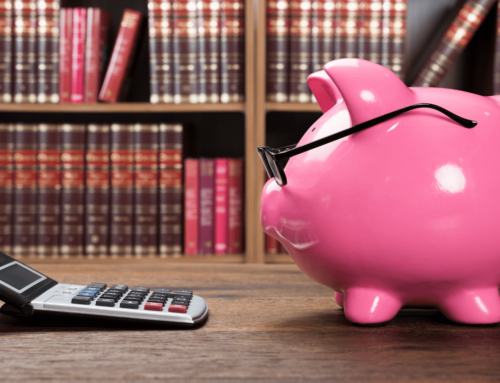

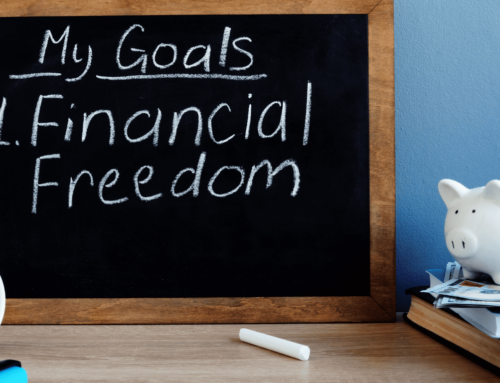
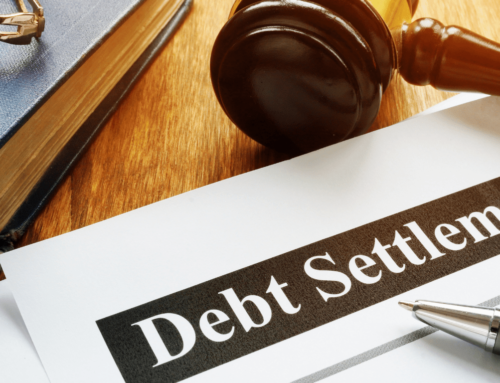

Leave A Comment
You must be logged in to post a comment.